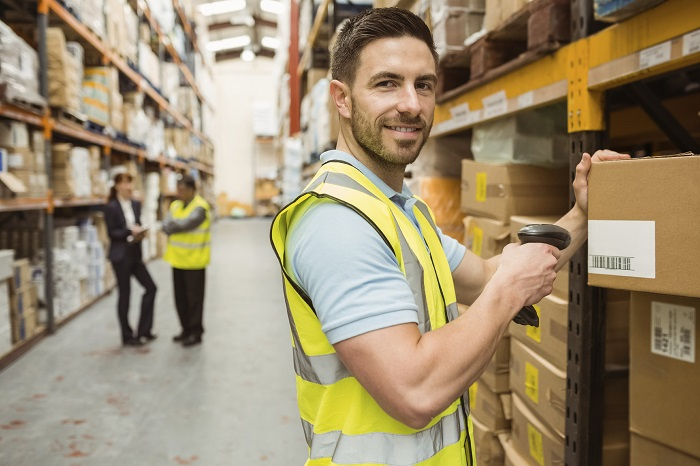Shipping goods around the country — or even the world — has always come with logistics challenges, such as responding to higher fuel costs, maintaining a sense of transparency for the customer during the entire shipping process, and keeping in compliance with governmental and environmental regulations. Luckily, these general obstacles have been mitigated in recent years through a series of technological advancements such as shipment tracking systems and enhanced GPS capabilities.
However, when the COVID-19 pandemic hit in early 2020, all of those common obstacles were exacerbated for logistics professionals, as a new set of challenges emerged — and still remain.
Looking inside the perfect storm
In the logistics world, the entire goal is to get products from one place to the other in the best way while taking into consideration a multitude of factors. Those factors include expedience, quality, and risk mitigation of the entire process. As this world became digitally mainstreamed, suppliers and customers became acclimated to many transactions happening rapidly. Think of a modern bullet train moving with extreme precision thanks to state-of-the-art technology.
When the pandemic unfurled across the globe, that train abruptly came to a screeching halt, with no indication of when it would be allowed to return to its former rate of speed. Within a matter of days, international borders closed as entire countries went on lockdown, automatically reducing overall employee availability.
Modes of transporting goods became extremely limited. In air, freight limitations were caused by fewer routes of commercial planes, which often transfer commercial goods in their cargo holds; by sea, there were severe constraints to ocean freight, and by ground, with strained trucking capacity, and need to use trucks for emergency food and medical needs. Additionally, social distancing in warehouses and other locations limited the amount of inventory that could be held.
Furthermore, the coronavirus originated in Wuhan, China, one of the epicenters of global manufacturing where nearly half of the world’s largest manufacturing companies maintain a major presence — including those in the electronics, medical equipment, automotive, and pharmaceutical industries. So, the stoppage also caused cargo to backlog at all major Chinese ports and created a worldwide bottleneck.
Getting business back up to speed
Given all of these compounding factors, it is fair to ask about the current state of logistics and how to go about the best way to proceed as a company with logistics needs.
The answer lies within the technologies that started to create a sea change within logistics before the pandemic hit. In this new normal, the visibility and traceability provided by these new modalities have proven vital in overcoming logistics challenges and re-establishing companies’ operations.
With so many points along the supply chain that can go awry, it is paramount to have as many points of communication as possible throughout the shipping process to establish the maximum level of transparency for all involved. These communication reports can be generated using a variety of tools, including automation, artificial intelligence (AI), cloud computing, and the internet of things (sensors are embedded into physical objects).
Plus, there are a number of technological advancements that can also combat the ongoing COVID-caused labor shortage, including the installation of robotics inside factories and warehouses, the implementation of drones to deliver packages, and the use of autonomous vehicles.
Given the current climate of logistics and the increased shortages of labor, raw materials, and products caused by the pandemic, it always helps to have a logistics expert on your side.
That’s where we at Nexterus come in. With our 75 years of experience, we have proven to be an innovative leader in the logistics and supply chain management industry. We offer a full suite of services to help eliminate the cause of many of your logistics challenges caused by COVID, including 24/7 customer support, network optimization, and our Nexterus Technologies, featuring automating and supply chain security services.
Contact us today to talk about how we can best help your business navigate the logistics of these unprecedented times.



